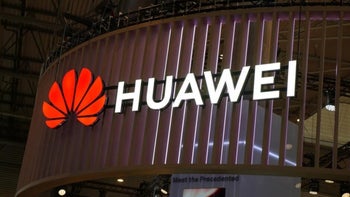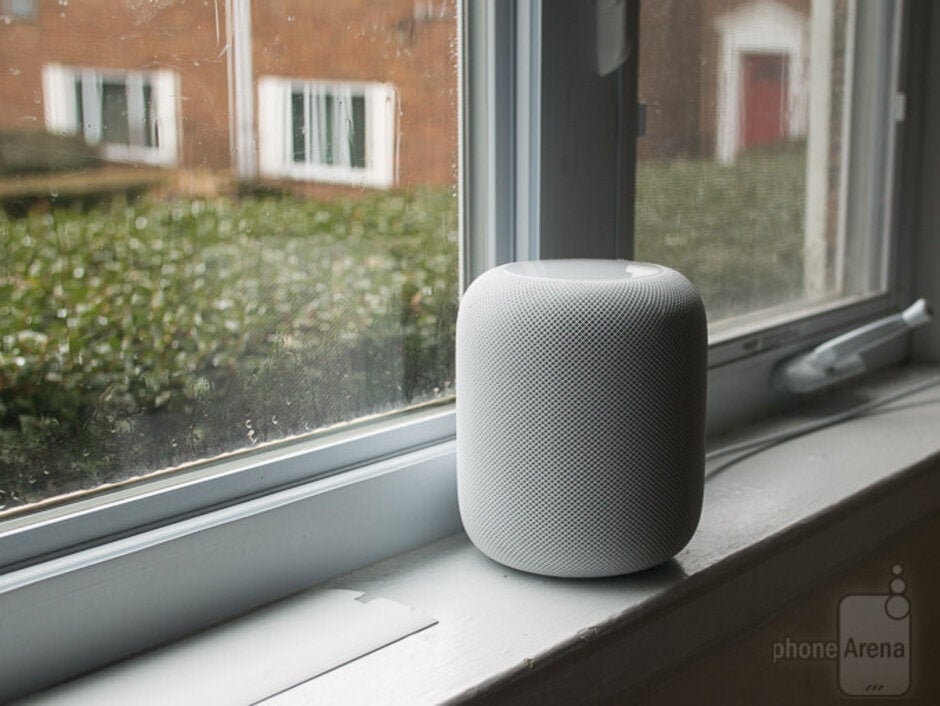Huawei-Google device that was going to be sold in the U.S. is said to be canceled

Huawei was placed on the U.S. Commerce Department's Entity List in May, preventing the company from accessing its U.S. based supply chain. Sure, this was terrible news for the company since it is prevented from licensing the Google Play services version of Android from Google, chip designs from ARM Holdings and components from Qualcomm, Intel, and Micron. But the ban also hurts U.S. companies; in 2018 Huawei spent $11 billion for parts and software from the U.S.
Exactly one month ago today, U.S. President Donald Trump announced that he and Chinese President Xi Jinping had reached a truce temporarily preventing any escalation of the U.S.-China trade war. While Huawei was placed on the list for security purposes, the president himself said that the company could be used as a bargaining chip to extract better terms for any trade agreement between the two countries. And after the truce was announced, Trump said, "U.S. companies can sell their equipment to Huawei. We're talking about equipment where there's no great national security problem with it." While that sounded like good news for Huawei at the time, the truth is that nothing has changed over the last month. Huawei still can't access its U.S. supply chain and Google's cut ties with the Chinese manufacturer remain severed.
Huawei and Google were planning to sell their smart speaker in the U.S.
And today, The Information (via Android Police) revealed that the ban has cost the world another smart speaker. An anonymous source inside Huawei said that the company and Google had been working for a full year to develop this speaker which would have featured Google Assistant. Ironically, Huawei was going to sell the speaker in the United States even though the government won't let Huawei's phones be purchased through state-side carriers. But alas, the ban has put the kibosh on the project. While the world certainly doesn't need another smart speaker, it would have been interesting to see what the two tech giants might have come up.

Poor performance from Siri and a high price have stunted demand for Apple's HomePod
The fact that Huawei was going to sell its smart speaker in the U.S. is interesting. Considering that companies like Amazon, Google, and Apple are listening to snippets of conversations from users, can you imagine how much scrutiny a Huawei smart speaker would receive? While the transcribing of these conversations is allegedly being done to improve how the digital helpers interact with users, it sure sounds familiar. In fact, this sounds exactly like the behavior U.S. lawmakers fear the most from Huawei. The company is considered to be a national security threat in the U.S. as rumors allege that it has placed backdoors in its devices to send intelligence from U.S. consumers and corporations to Beijing. Under Chinese law, the government can demand that Huawei gather information on its behalf. The company, of course, has denied this. The report also seems to indicate that Huawei and Google had a closer relationship than anyone outside of the two companies knew about (although they did team up for 2015's Nexus 6P).
Amazon had dominated the smart speaker market, not surprising since it was the creator of the category. The first Echo units were delivered in 2015, but Google is trying to catch up. During this year's first quarter, Amazon shipped 4.6 million Echo devices globally, good enough for a 22.1% slice of the pie. That was down from the 27.7% share it held during the same quarter last year. Google saw its worldwide smart speaker market share drop sharply from 36.2% to 16.8% even after it delivered 10% more units in the period. Apple's HomePod speaker didn't even qualify for a top-five position globally. Sales of the HomePod have been negatively impacted by the underperformance of Siri compared to rival assistants, and the original $349 price (now $299).
There is still plenty of room for growth in the states. As of the end of last year, only 21% of adults in the states owned a smart speaker while the number owned by U.S. households rose 78% in 2018 to 118.5 million units.










Things that are NOT allowed: